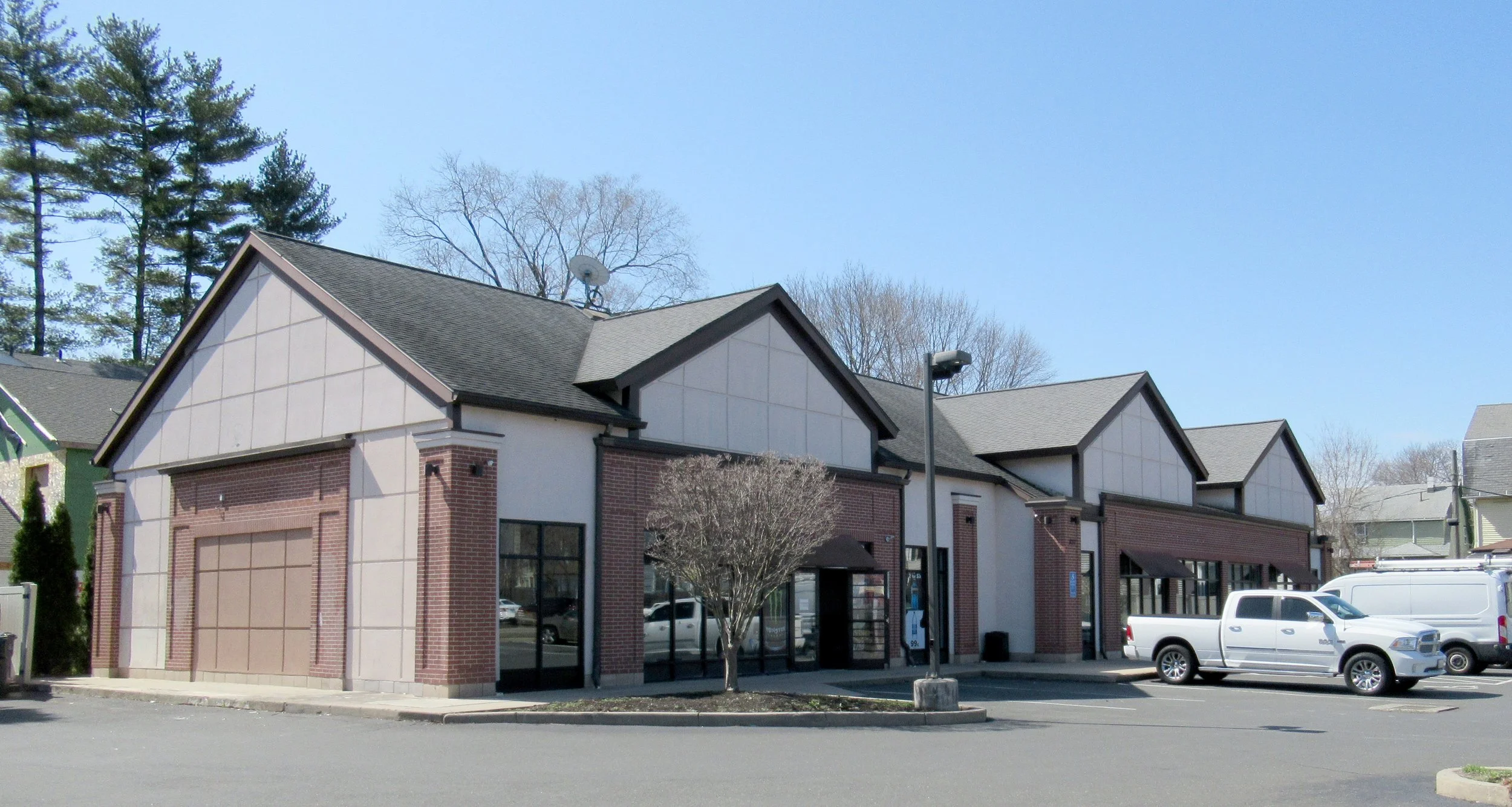As some large multi-state cannabis companies already stake claims on buildings they may develop into cannabis grow operations, one local construction company is predicting a competitive environment for firms looking to build projects for Connecticut's marijuana industry.
“There will be a race to develop these facilities,” said Lindsey Fortunato, director of planning and strategy for Kensington-based Fortunato Construction Group. “It’s a little bit unusual for our industry that this brand new market will be coming on line and there will be a very sudden need.”
Local construction firms will be competing not only on expertise and price, but also on the ability to complete projects quickly as cannabis companies compete to be the first to open a recreational dispensary, Fortunato said.
Fortunato Construction has previously been involved in the early stages of medical cannabis construction projects in Connecticut and Lindsey Fortunato said she looks at legalization as a potential boon for the company, provided the project and partner company are the right fit. She thinks the company's in a good position to pursue projects with cannabis companies.
Facilities for growing and processing cannabis will be required in addition to retail dispensaries, she said. Ancillary industries, such as testing facilities for third-party monitoring, will bring additional building opportunities for construction projects.
But this new market comes with challenges. Chief among them is the race among cannabis companies to open as quickly as possible. Construction firms will need to be able to prioritize the projects and meet tight deadlines in order to compete, Fortunato said.
Additionally, cannabis facilities will have additional complexities, such as ventilation needs and chemical apparatus. In conjunction with new state laws and local zoning, these will be highly regulated builds, Fortunato said.
Recreational cannabis will be new for local boards and planning departments. A construction company that has already worked on projects in a particular area will be at an advantage as they work with local officials, she said.
“People need to be looking for local teams who understand Connecticut regulations; teams that have strong relationships to communities and the labor forces that are local to that area,” said Fortunato. “There’s going to be a lot of unanswered questions as this kicks off.”
Even once the rush to build subsides, the recreational cannabis industry will continue to be a strong market for construction firms, she said, citing the need for updates at dispensaries to stay competitive in tight retail markets.
But despite the short- and long-term opportunities, each construction firm will need to determine whether a recreational cannabis project works within their own portfolio.
“Every project a construction company takes on potentially has meaning and impact and you have to weigh the project and the clients that align with your values,” she said. “This opportunity might not be right for everyone.”
Sam Bonacci | Hartford Business Journal

